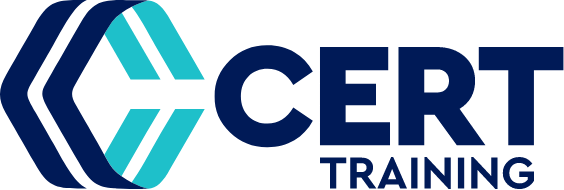Rail Medical
A rail medical assesses your ability to work safely in the rail corridor, including hearing instructions, moving to a safe location, and maintaining situational awareness.
CERT Training in partnership with CMS, an Authorised Health Professional (ARA), are pleased to provide Category 3 railway medicals, as well as pre-employment medicals and other services nationally.
Health assessments are conducted by appointment and must be booked in advance via our state-based online system, email: Bookings@certrail.com or, phone: 1300 042 378

Do I need a rail medical?
A Rail Safety Medical is required under and conducted in line with the National Standard for Health Assessment of Rail Safety Workers.
Under the rail safety legislation, it is the responsibility of all rail transport operators to manage the risks associated with the ill health of rail safety workers in Australia. Rail Safety Medicals are designed to both minimise risk and protect the safety of the public, rail workers and the rail environment.
All health assessments conducted with CERT are performed by only authorised health professionals trained in the new edition of the National Standard for Health Assessment of Rail Safety Workers, which came into effect in 2024.

